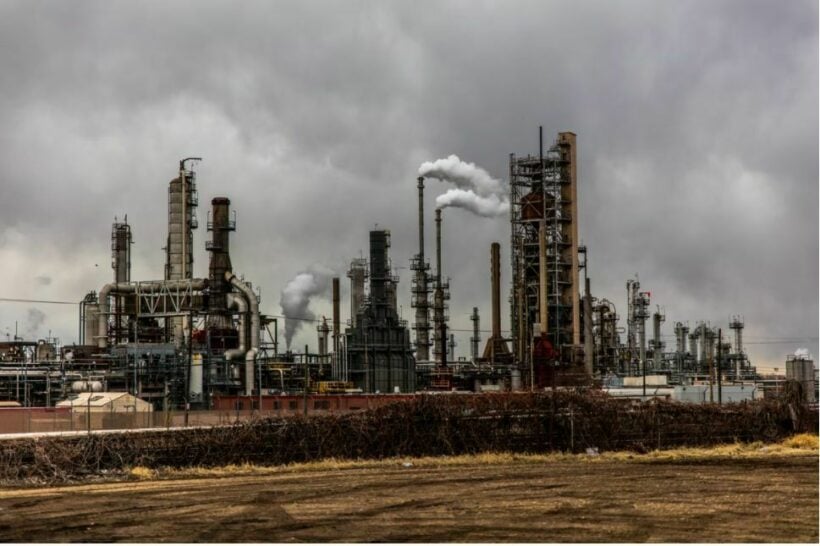Global Covid-19 recovery efforts will have lasting impact on climate

A comprehensive environmental assessment has warned that the global Covid-19 recovery efforts will have a long lasting impact on the climate. The assessment highlighted countries’ heightened use of fossil fuels as a part of their recoveries, and explained the risk that this poses to the environment and human health.
The Lancet Countdown is the largest annual assessment on what impacts climate change is having on human health. The report explained that the biggest environmental risks to people right now are food and water insecurity, increasing temperatures and infectious diseases.
The report found that in 2020, 19% of the world’s land mass was affected by extreme drought and that food insecurity is an issue faced by over 2 billion people. Wildfires are a greater threat than ever before in 134 countries, and heatwaves have led to millions of construction workers and farmers losing work because of extremely hot days. Climate change also creates the conditions in which infectious diseases can spread more easily. This is the case with not only Covid-19, but also other diseases like malaria, cholera, Zika and dengue fever.
Executive director of the Lancet Countdown Anthony Costello describes the impact that climate change is having on humanity.
“Climate change is here and we’re already seeing it damaging human health across the world…As the Covid-19 crisis continues, every country is facing some aspect of the climate crisis too.”
The last 5 years have seen extreme droughts and disruptions to water security, the report found. This is a risk to both drinking water and irrigation for crops, which has resulted in smaller yields and ultimately less food. It goes on to describe how as compared to the levels from 1981-2010, corn has seen a 6% global decline in yield, wheat a 3% decline and rice a 1.8% decline. The marine food industry, upon which 3.3 billion people rely, is under threat as temperatures have risen in 70% of territorial waters.
Lead author of the report Maria Romanello describes how she hopes that these warning signs will allow people to recognise the risks of climate change.
“This year we saw people suffering intense heatwaves, deadly floods and wildfires…These are grim warnings that, for every day that we delay our response to climate change, the situation gets more critical. It’s time to realise that no one is safe from the effects of climate change.”
SOURCE: Bangkok Post
Latest Thailand News
Follow The Thaiger on Google News:


























